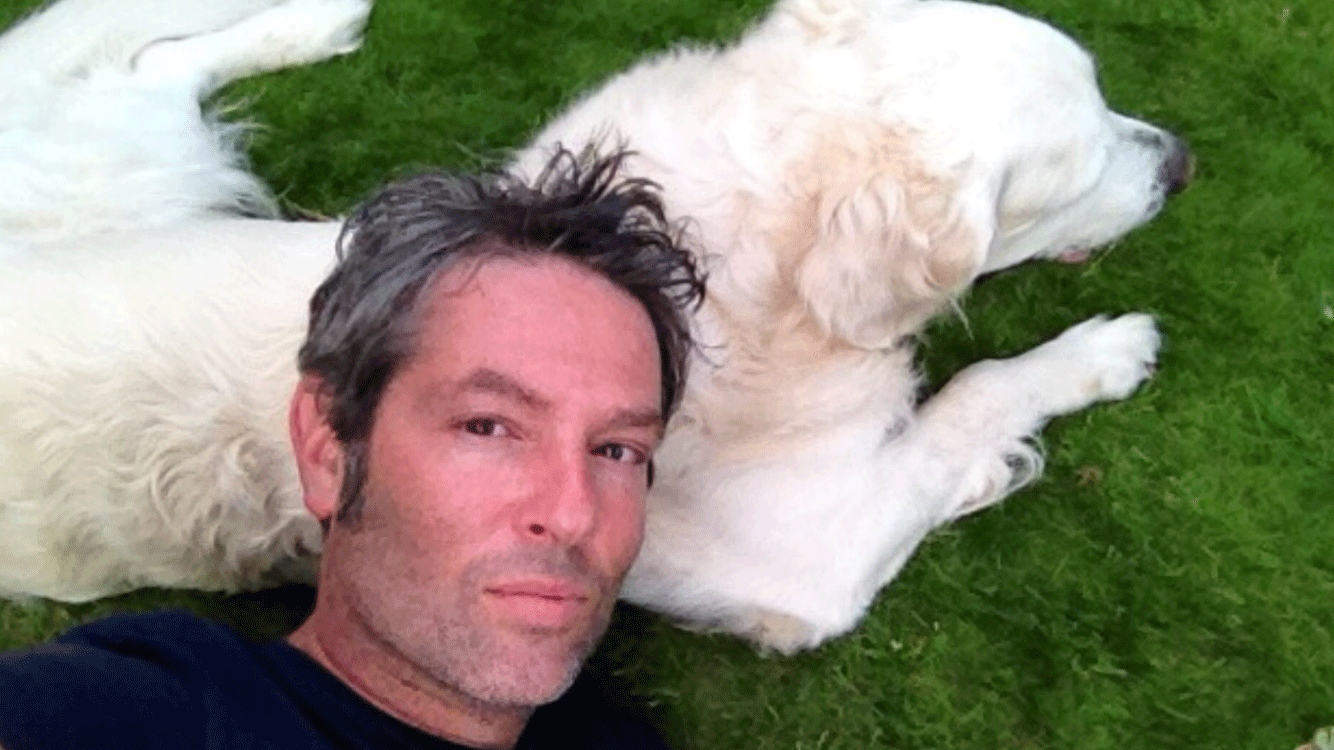Dori Kimel
 How did you come to be an academic?
How did you come to be an academic?
By accident, more or less. Other things I felt destined to do required opportunities I did not have and (more to the point) talents which I did not quite possess. So instead of simultaneously leading the Arsenal midfield and writing the Great American Novel, I simultaneously studied law (I can’t remember why) and philosophy (because I was interested in it).
From there on, one thing led to another. As a philosophy student, I focused on logic and philosophy of language, and on moral and political philosophy. These interests meant that I found the overlap between law and philosophy fascinating. The work of Joseph Raz was a particular inspiration, and when the opportunity presented itself to write a doctorate with him as supervisor, it was not to be missed. That sealed my fate – I became an academic.
What is your research about? What arguments or views are central to your research?
My writing has focused primarily on the theory of private obligation, and the philosophical foundations of contract in particular. My philosophical and jurisprudential interests are wider, however, and my interest in the narrower field of private obligation (in law and in morality) has been sustained by treating it as a lens through which to explore wider philosophical concerns.
I wouldn’t say that any particular arguments or views are central to my research, but some questions and debates have held an enduring interest. For example, I am interested in the moral limits of law, the relationship between law and other cultural and social institutions, the meaning of freedom and the ways in which different modes of governance can support it, and I am interested in cooperation and solidarity. Private law and its theory provide a good platform for ongoing engagement with such themes. I am likely to explore different platforms in future.
What do you find most meaningful and important about legal philosophy?
As philosophers, we pursue deeper, more refined self-understanding. An understanding of the cultural, societal, political (etc.) institutions that shape our lives is a central part of this broader endeavor: we enhance our self-understanding through deepening and refining our understanding of those. As legal philosophers, we focus on one of the most complex, omnipresent, and most dangerous (yet full of potential) human institutions as our avenue to deeper self-understanding.
Why the philosophy of contract in particular?
The philosophy of contract provides us with a special insight into the dangers of law, as well as its potential. It provides us with a special insight into some of the trickiest and most pressing questions arising both in political theory and in moral and legal philosophy.
Contract is legal iteration of practices and normative institutions that have full and independent lives outside of the law, such as promise and agreement. As such, it gives us a unique lens through which to investigate central dimensions of the relationship between law and morality.
Contract is a legal institution that gives people the power to author their own legal obligations. In the process, it brings parties of radically unequal strengths into often-perilous contact. As such, contract provides us with a unique insight into the relationship between personal freedom and the need to protect weak parties against marginalisation, advantage-taking or exploitation. It is these sort of questions (and opportunities to explore them) that interest me in this domain.
What would you like to see change in academia?
I would like to see – be it between individuals in academia, or between academic institutions – less hierarchy, greater equality; less competition, more camaraderie and collaboration; smaller egos, greater community-mindedness. I could go on, but you get the idea. I’m not sure that these are the general trends observable in academia these days. Or outside it, for that matter… but let’s remain hopeful.
In the particular context of Oxford, I would like to see an end to the bias in favour of the most privileged sections of the population in undergraduate admissions. We appear to be moving in the right direction on this front, albeit too slowly.
If you had to pick a desert island book (academic or not), music album, or film, which one would it be?
Am I there on my own? In which case, I’d lose my mind far too quickly for any single cultural artefact to make a difference. A dog would be good. My desert island dog is a golden retriever.
This interview was conducted in May 2019 by Carolina Flores (St. Hugh's, MMathPhil, 2016) who is a philosopher working in epistemology and social philosophy.
